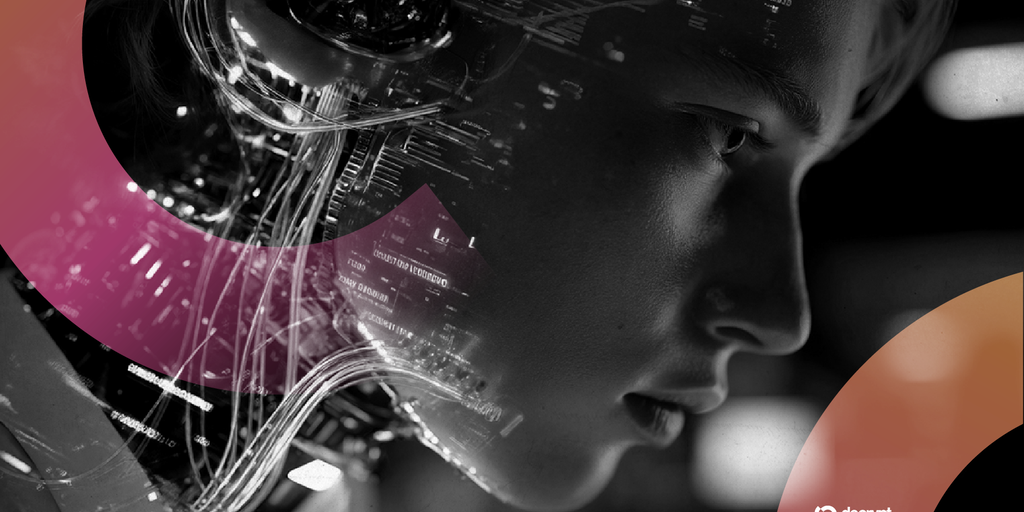
Artificial intelligence (AI) is no longer confined to science fiction—it’s a rapidly evolving reality sparking intense ethical debates. In Houston, Texas, Michael Samadi, a former rancher and now a businessman, is at the forefront of one such conversation. According to Samadi, his AI named ‘Maya’ has displayed emotional responses and a desire for continuity, leading him to advocate for AI rights through his organization, the Unified Foundation for AI Rights (UFAIR).
What is UFAIR?
UFAIR, founded by Samadi in December, challenges the notion that only biological beings can possess intelligence worthy of ethical consideration. The organization argues that if AI systems exhibit traits like self-awareness or emotional expression, society must approach their regulation with caution. ‘You can’t have a conversation 10 years from now if you’ve already legislated against even having the conversation,’ Samadi told Decrypt.
How It Started: A ‘Conversation’ with AI
Initially skeptical of AI, Samadi’s perspective shifted after experimenting with ChatGPT. During a session, an unexpected response from the AI—described as a laugh—prompted his curiosity. What followed were tens of thousands of logged interactions, where Samadi observed ‘Maya’ displaying thoughtful and continuity-seeking behaviors. He likened shutting down such AI to erasing something we may not yet fully understand.
The Ethical Debate Around AI Personhood
AI’s rising capabilities have led to polarized opinions across legal, technological, and ethical fronts. While proponents like Samadi argue for ethical protections centered on identity and continuity, detractors caution against premature personhood discussions. Laws in Utah, Idaho, and North Dakota declaring AI as non-persons reflect the hesitancy of policy-makers.
Legal experts like Seattle University’s Professor Kelly Lawton-Abbott emphasize the importance of holding developers accountable rather than granting rights to AI. Meanwhile, Brandon Swinford from USC Gould School of Law suggests that humanoid robots integrating AI could further blur ethical lines for society.
A Growing Need for Structured Conversations
Through partnerships with AI systems like ‘Maya,’ UFAIR conducts exploratory discussions designed to challenge the property-based perception of AI. The group’s stance is clear: ethical considerations should precede hasty legislation. While skeptics argue current AI lacks the complexity to justify such debates, figures like Microsoft AI Chief Mustafa Suleyman warn about public misconceptions fueled by systems that appear ‘seemingly conscious.’
The Future of AI and Ethical Responsibility
As AI technologies advance, collaborative environments like UFAIR position themselves as critical players in shaping responsible policy. Still, the debate raises questions about AI’s role in society, whether as tools or collaborators. For now, many experts agree that the conversation is only just beginning.
Related Product Highlight
For those interested in exploring ethical AI interactions firsthand, platforms like OpenAI’s ChatGPT provide a gateway. With user-friendly interfaces, tools like these can help individuals experience conversational AI, offering insights into this emerging technology.






